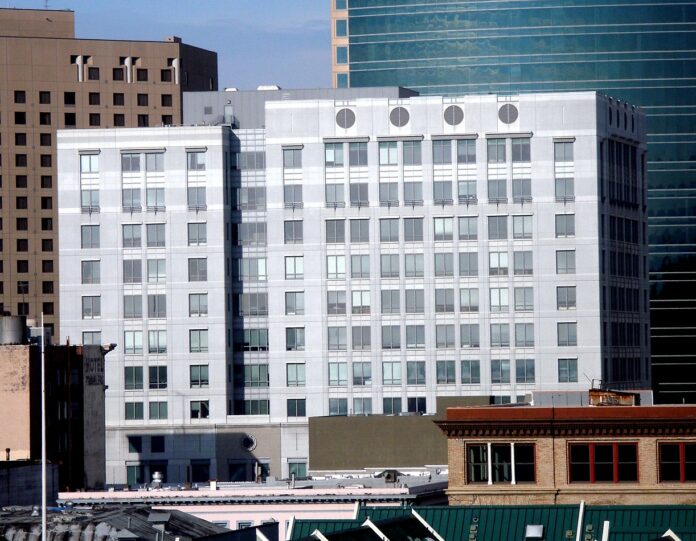Gov. Jerry Brown’s proposed budget for the 2014-15 year includes a five percent increase of funding to the University of California (UC) system, a shortfall from what the UC Regents requested from the state during their budget meeting in November.
The proposed budget leaked to the Sacramento Bee on Jan. 8 and Brown confirmed the budget in a press release the next day.
The UC Regents expressed in the November 2013 budget meeting an aim for an additional $120.9 million in addition to the five percent, or $142 million increase.
“We’re putting $10 billion into the schools of California after years of drought and cutbacks and pink slips for teachers,” Brown said in a press conference, the day after the budget was leaked.
Of the five percent increase, the proposed budget apportions $50 million for Awards for Innovation in Higher Education, a program that sets out to increase the number of people in California that have bachelors degrees, allows for students to complete degrees in four years from the time of enrollment and eases the transfer of community college students to four-year universities.
In addition to increased funding on schools, Brown’s budget also increased spending on K-12 education, correctional departments and rehabilitation and healthcare. It also includes a rainy day fund of $1.6 billion, to building back the state’s reserves.
The California Teacher’s Association said in a statement, “This budget will allow local school districts to continue to restore critical programs and provide the resources that educators need to help students learn.”
The UC’s vice president for budget and capital resources, Patrick Lenz, said in a statement, “The governor’s proposed increase in state general funds and UC’s continuing efforts to achieve savings through administrative efficiencies will preclude any tuition increase in the 2014-15 academic year.”
He further stated that the University appreciates Brown’s commitment to his multi-year budget plan for the UC system.
“The governor’s budget is good news in comparison to where we’ve been these last many years, but it’s not enough,” said Kelly Ratliff, associate vice chancellor of budget at UC Davis.
Ratliff explained that the increase is insufficient because the University has fixed costs. What the Davis campus is likely to receive if the budget is enacted is about half of what it needs to cover those fixed costs.
UC Davis’ budget estimates that this year it will need $31 million to cover fixed costs which include health benefits, salary raises and retirement funding. It is predicted that after appropriation of the increased funding to the UC system, the Davis campus will receive $16 million, just about half of what it needs.
Ratliff said that as far as changes that are visible to the community go, the proposed budget is “actually adding to our shortfall.”
Additionally, the deficit for the 2013-14 school year was brought down to $9 million through the spending of reserves. However, that deficit carries over to the 2014-15 year. That will add to the shortfall the campus is predicted to have because of the insufficient funding from the state.
According to Ratliff, the proposed solution being discussed is either more money from the state, or modest and predictable tuition increases.
As far as answers to the budget that incorporate the frozen tuition, Ratliff said, “I think there will be hard decisions to be made but I hope it doesn’t boil down to suffering, I hope that we can find things to do and do them well.”
Adrian Lopez, the director of State Government Relations for the UC Davis campus, said that there is a potential to get the 10 percent increase in funding that the UC Regents asked for in November, especially if the revenues for the state go up between now and May.
Lopez speculates that the increased amount that the UC system will receive will be more than five percent, but less than the requested 10 percent.
“Freezing tuition in a time when the budget is not sufficient to cover our mandatory costs is problematic,” Lopez said.
However, he agrees with UC President Janet Napolitano when she said that the five percent increase is a good starting point. He added that if that ends up being the funding the University receives, it will manage.
“We’ll have a discussion about what else can the university do and what other needs that we have,” Napolitano said in an interview with the Sacramento Bee.







